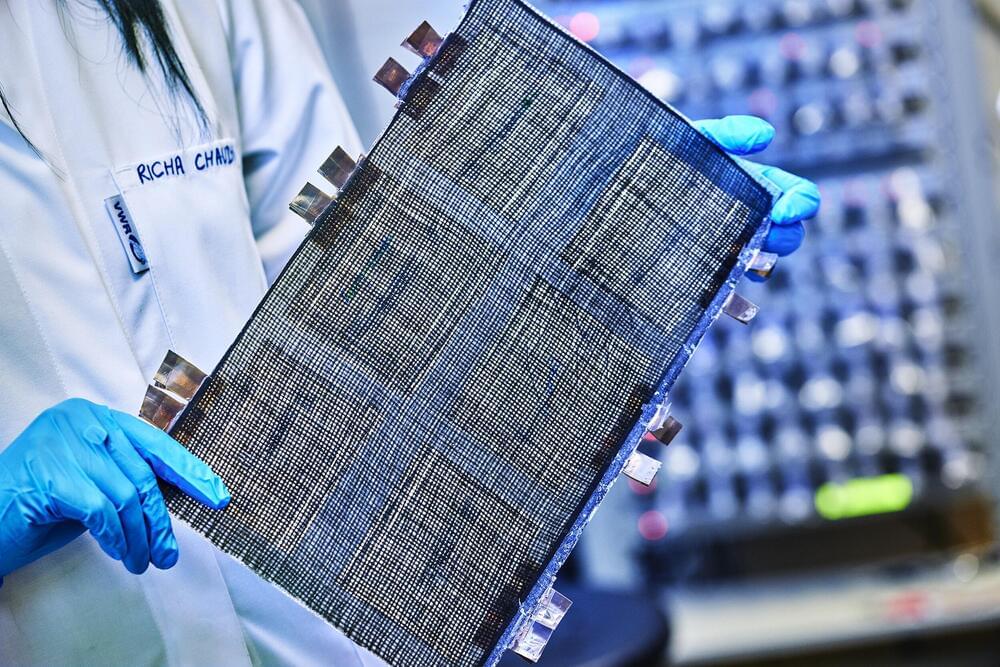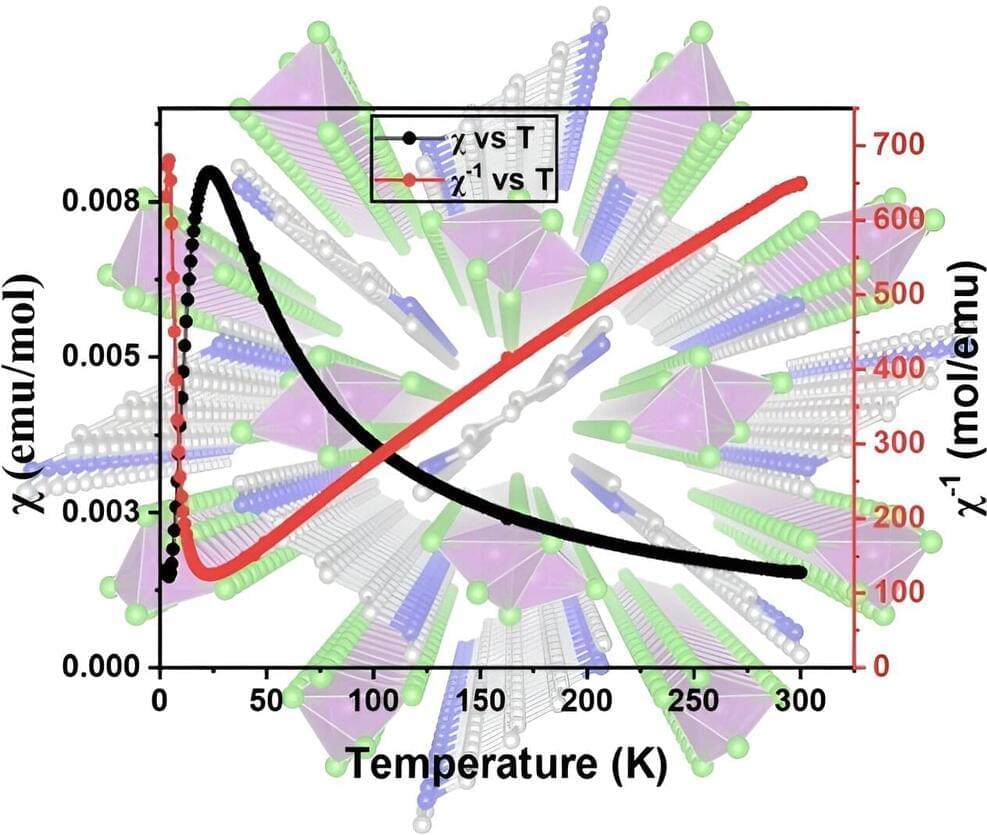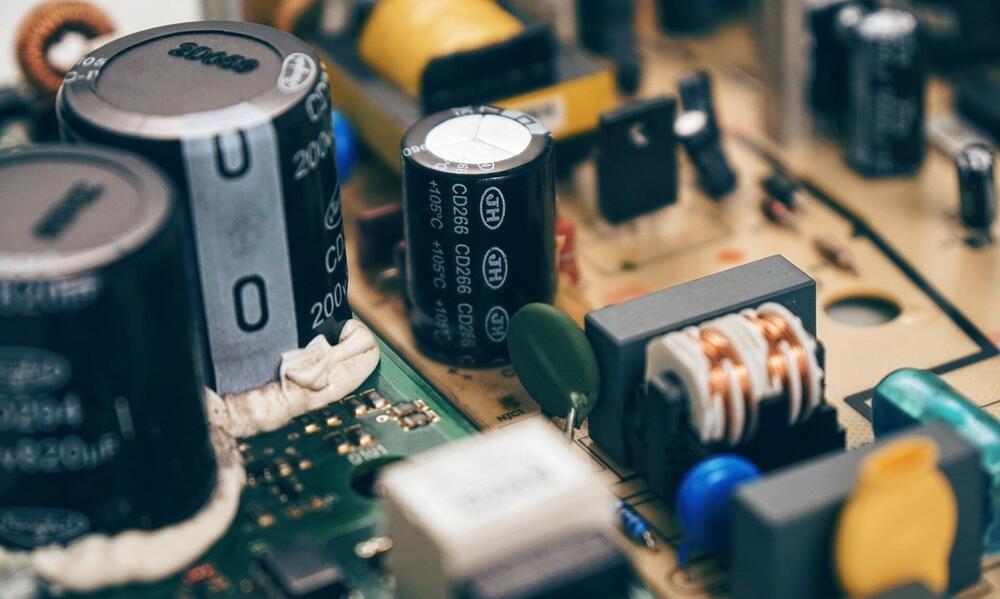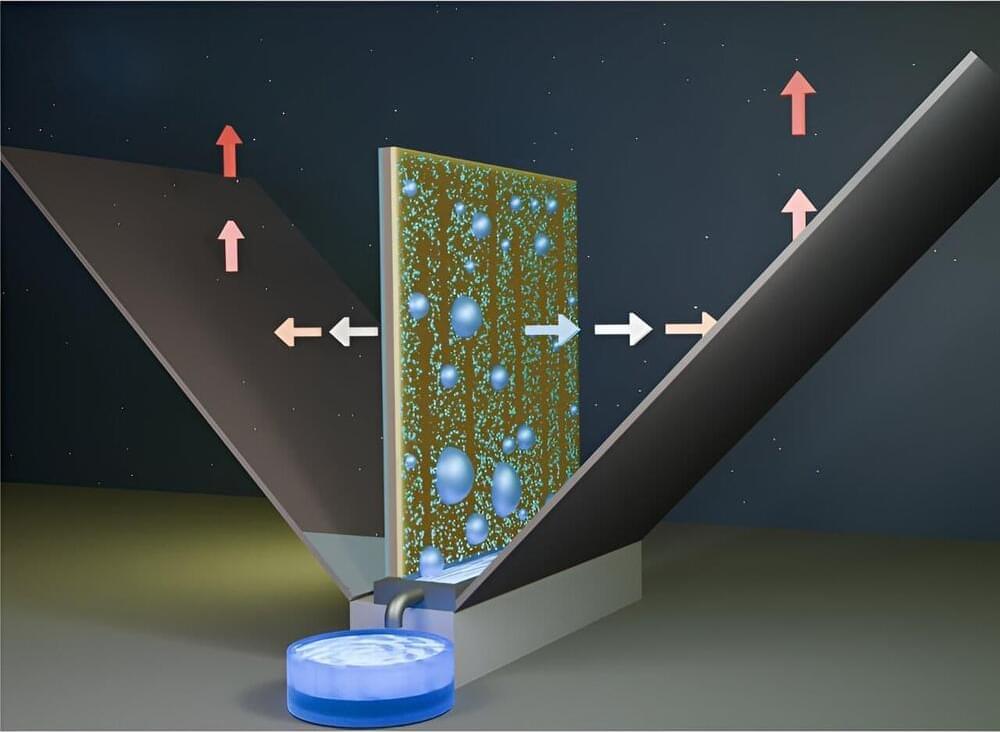When cars, planes, ships or computers are built from a material that functions as both a battery and a load-bearing structure, the weight and energy consumption are radically reduced. A research group at Chalmers University of Technology in Sweden is now presenting a world-leading advance in so-called massless energy storage — a structural battery that could halve the weight of a laptop, make the mobile phone as thin as a credit card or increase the driving range of an electric car by up to 70% on a single charge.
“We have succeeded in creating a battery made of carbon fiber composite that is as stiff as aluminum and energy-dense enough to be used commercially. Just like a human skeleton, the battery has several functions at the same time,” says Chalmers researcher Richa Chaudhary, who is the first author of an article recently published in Advanced Materials.
Research on structural batteries has been going on for many years at Chalmers, and in some stages also together with researchers at the KTH Royal Institute of Technology in Stockholm, Sweden. When Professor Leif Asp and colleagues published their first results in 2018 on how stiff, strong carbon fibers could store electrical energy chemically, the advance attracted massive attention.






